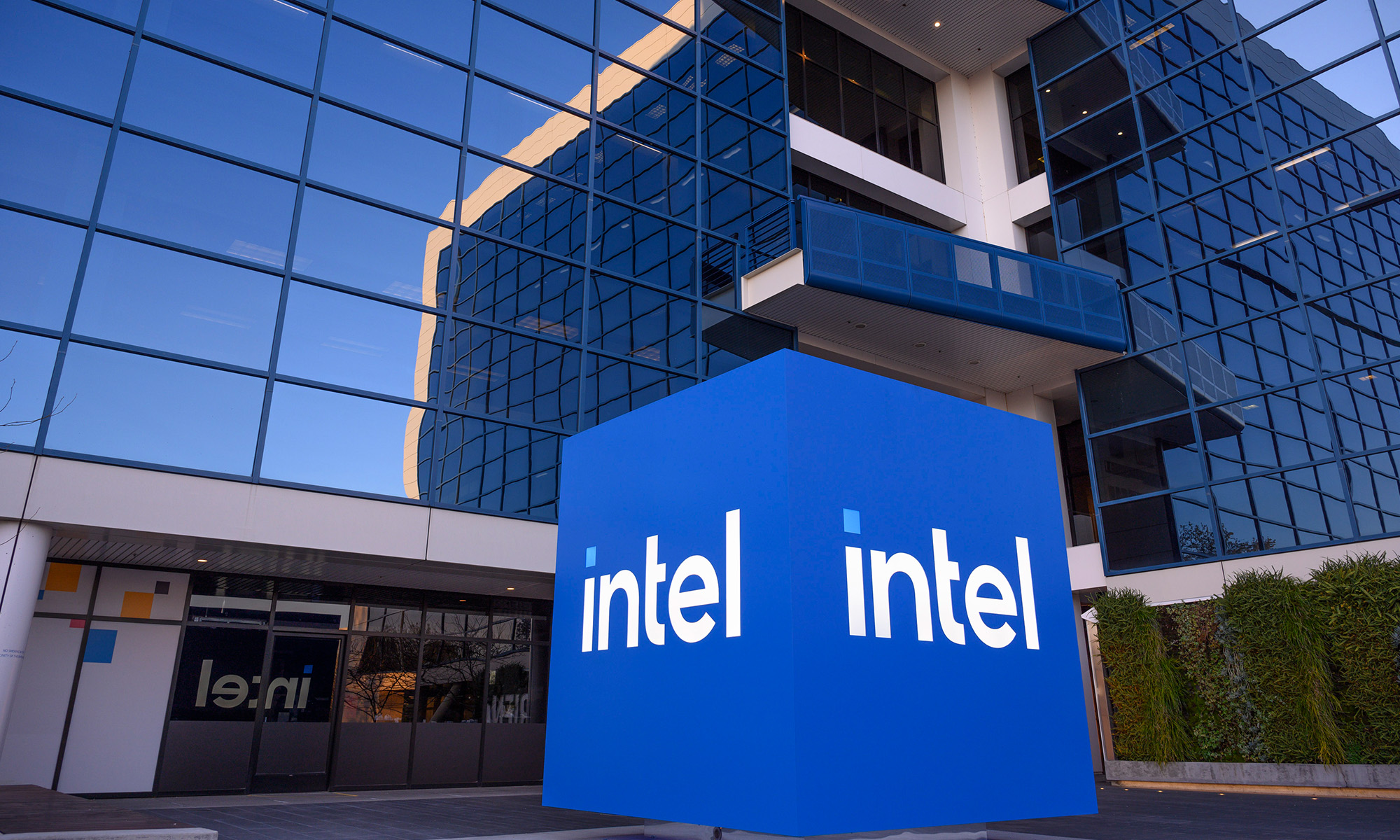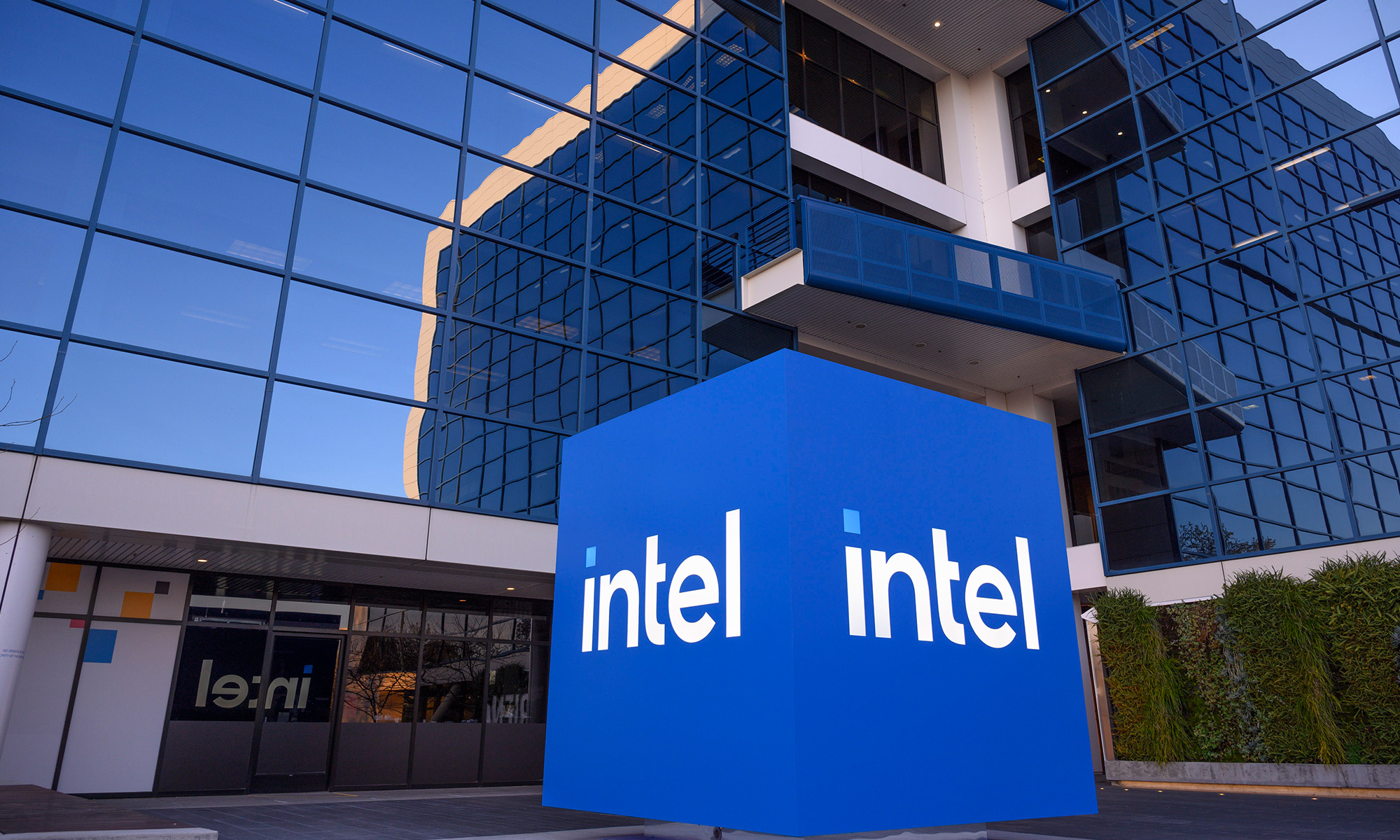A lot of money is being poured into the development of self-driving cars by automakers and tech companies, but industry watchers believe that the technology has failed to move to the next level. The cynicism isn't surprising, as 2018 turned out to be a year of setbacks for autonomous car development.
A forgettable year for autonomous cars...
Ride-hailing specialist Uber got a lot of bad press after one of its test cars was involved in a fatal crash in Arizona last year, forcing the company to scale back its self-driving program. The effect of this was felt across the self-driving car industry, as NVIDIA (NVDA +1.67%) -- one of Uber's partners -- also suspended its autonomous car tests in the wake of the incident.

Image Source: Getty Images.
Then there was the case of Tesla. One of its customers died behind the wheel when a Model X vehicle, with the Autopilot feature enabled, crashed into a concrete divider.
Meanwhile, there was the commercial launch of self-driving taxis by Alphabet (GOOG +0.50%) (GOOGL +0.44%) subsidiary Waymo, but it wasn't all that industry watchers hoped it would be. Waymo limited the service to customers involved in its early rider program and placed a safety driver behind the wheel.
This didn't go down well with industry watchers, as Waymo is the leader in self-driving technology by a mile, and is collaborating with leading chipmakers such as Intel (INTC +11.06%) to drive innovation. People were expecting a much wider rollout of Waymo's commercial ride-hailing service. As that hasn't happened, skeptics now believe that self-driving technology might take decades to materialize.
That would be a big bummer for investors who have been waiting for self-driving cars to supercharge their investments in the likes of Alphabet, NVIDIA, and Intel. But it would be wrong for them to expect all doom and gloom in autonomous cars because there's still money to be made in this space.
...does not dilute the long-term opportunity
There are a few simple reasons why several big corporations and small start-ups are betting big on autonomous cars.
First, it is widely believed that self-driving cars could massively reduce road-related fatalities by removing driver error from the equation. The artificial-intelligence-enabled computer controlling the autonomous vehicle ideally won't be swayed by human emotions such as frustration or aggression since it is expected to make logical decisions based on the real-time driving environment.
Second, self-driving cars are expected to reduce congestion and improve traffic flow, although there are differing views on this point. They are also expected to reduce fuel consumption to the tune of 40%.
Given the benefits, autonomous cars will eventually arrive as the stakeholders find ways to improve the technology. IHS Markit believes that self-driving car shipments will stand at 33 million in 2040, which would be a massive increase from the 51,000 units that are expected to be shipped in 2021.
As a result, a chipmaker like NVIDIA that makes the brains of self-driving cars could win big from this market in the long run. The graphics specialist has been continuously pushing the boundaries by coming up with more capable graphics processing units (GPUs) to enable high levels of automation in cars.
The company's DRIVE platform aims to deliver high-performance and energy-efficient chips to power the AI brain of a self-driving car. The company is also focusing on the software side of things by helping automakers integrate critical self-driving functions like road perception and sensor fusion. Additionally, NVIDIA's software stack helps developers create related applications to elevate the user experience.
The good part is that automakers and component suppliers are warming up to NVIDIA's solutions. The company has scored a few wins in this space and that seems to be positively impacting its results. Its automotive revenue increased 19% annually during the last reported quarter, and it should get even better in the long run as self-driving cars gain more traction.
Intel is another chipmaker that's striking deals at a tremendous pace in the self-driving space. In fact, it is one of the best-placed companies to take advantage of this nascent opportunity, as it has strung together a formidable alliance of companies working on the technology.
Chipzilla is not just working with automakers such as BMW, Nissan, and Volkswagen to make self-driving cars from the ground up, but it has also struck deals with component suppliers such as Delphi to create an autonomous driving platform that could be adopted by various other automakers. Additionally, Intel is supplying chips to Waymo, which could help it win big from the potentially lucrative robo-taxi market.
According to TechNavio, demand for self-driving taxis is expected to grow at an annual pace of 167% over the next four years. This bodes well for Intel, as it is already rolling with Waymo, the first company to launch a commercial ride-hailing service in the U.S., which could help it gain more business from others planning to do the same.
That also explains why Waymo could win big with self-driving cars in the long run. The Alphabet company might not have launched a finished product, but it remains the best of the lot out there in terms of technology. It has moved first into this market and simply needs to carve a small niche of the U.S. ride-hailing market to mint billions of dollars.
The North American ride-hailing market is expected to be worth $28 billion by 2023. What's more, Waymo can generate additional revenue by coming up with ancillary services like ads and videos in its self-driving vehicles.
Investor takeaway
The autonomous car revolution is expected to be a game-changer. There will be growing pains along the way and the stakeholders might face some setbacks, but that doesn't mean that investors should lose hope. The long-term gains could easily outshine last year's problems.
Check out the latest NVIDIA, Intel, and Alphabet earnings call transcripts.








